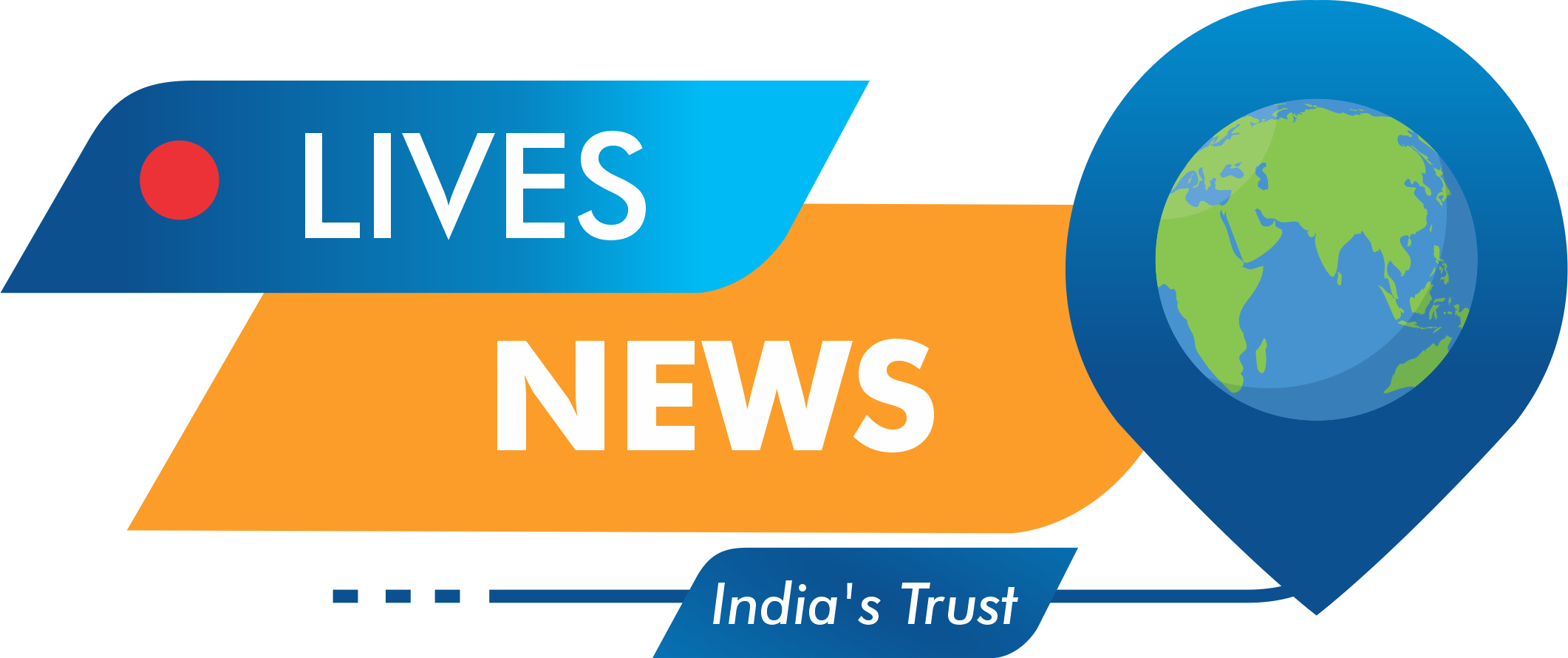Last Updated:
Three jobs that cannot be replaced by AI include coding, energy management, and biology which demand a unique blend of problem-solving, creativity, and adaptability, something that AI has yet to fully match.
Bill Gates said that AI’s impact on the job market will continue to evolve (Photo Credits: Instagram)
Tech billionaire Bill Gates has weighed in on the ongoing debate, warning that Artificial Intelligence (AI) will render many jobs obsolete in the coming years. While attending Jimmy Fallon on NBC’s The Tonight Show, the former CEO of Microsoft pointed out three professions that are relatively safe from AI-driven automation for now. These include coding, energy management, and biology which demand a unique blend of problem-solving, creativity, and adaptability, something that AI has yet to fully match.
Three Jobs AI Cannot Fully Replace, According to Bill Gates
Coders: Those who create AI systems are among the most likely to keep their jobs. While AI has advanced in generating code and automating some programming tasks, it still lacks the precision, logic, and problem-solving skills needed to develop complex software. Bill Gates believes human programmers will remain crucial for debugging, refining, and enhancing AI itself. AI tools like ChatGPT, Copilot, and AlphaCode can assist in writing code, but they often require human intervention to ensure accuracy, optimise performance, and address unforeseen challenges.
Energy Experts: The global energy sector is highly intricate, encompassing fossil fuels, nuclear power, and renewable energy sources. While AI can enhance efficiency, predict demand, and manage infrastructure, it cannot single-handedly navigate the complex regulatory landscapes, geopolitical challenges, and unpredictable market fluctuations that define the energy industry.
Gates emphasises that human expertise is vital for making strategic decisions, implementing sustainable solutions, and addressing crises such as power outages or resource shortages. Unlike AI, energy professionals can think critically, adapt to changing conditions, and consider ethical and environmental factors in their decisions.
Biologists: In biology, particularly in medical research and scientific discovery, human intuition, creativity, and critical thinking are indispensable. AI excels at processing vast amounts of data and identifying patterns, but it cannot formulate groundbreaking hypotheses or make intuitive leaps in research.
Gates highlights that AI can aid in diagnosing diseases, analysing genetic sequences, and assisting with drug discovery. Nevertheless, scientific exploration often demands that researchers think beyond existing data, challenge conventional wisdom, and pursue novel ideas that AI cannot independently generate. While AI is becoming an invaluable tool for biologists, it serves as an assistant rather than a replacement for researchers pushing the boundaries of scientific knowledge.
Gates added that AI’s impact on the job market will continue to evolve, and no profession is entirely immune to technological disruption.




